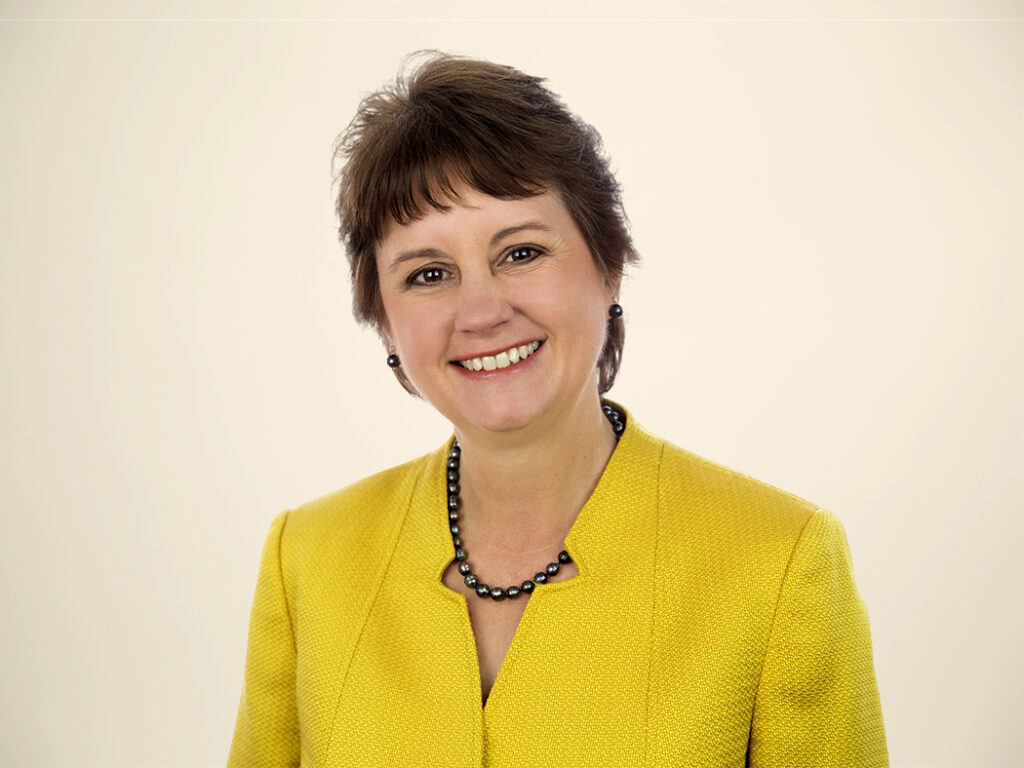Will B2B Marketing Become Obsolete? (Part II)
 [Posted by Laura Ramos]
[Posted by Laura Ramos]
Wow. I am overwhelmed by the response I received from my first post on this subject. Looks like I hit a nerve and inspired some great commentary. In particular, I’d like to call attention to the thoughful response from Arthur Einstein, who is the VP of Marketing at Loyalty Builders. I wanted to comment briefly on what I am hearing from all of you so far. To avoid obsolescence, readers believe B2B marketers must focus on:
1) Improving customer insight. Business buyers are people, not faceless companies. Rational decisions get clouded by emotions, motivations, and desires. B2B marketers must stop pushing out communications and start listening to what buyers need. Customer research, segmentation, understanding the buying process, and creating relevant information that engages prospects in conversations — and ultimately long-lasting relationships — all require marketers to understand their customers deeply. This includes gathering and analyzing factual, behavioral, and social information. Most marketing organizations are woefully underinvested in the technology, processes, and skills needed to do this right.
2) Managing demand, not just trying to generate it. B2B marketing and selling involves supplier teams interacting with buyer teams. This means fostering multiple interactions that evolve in a nonlinear fashion to build relationships and success. It require sales and marketing to work together to give buyers the unvarnished information they need to make a well-considered selection. This also means all parts of the selling organization need to get more involved in educating and nurturing demand. When marketers deliver fewer, but more qualified leads that sales can act upon, then marketing’s value becomes tangible and strategic to the business. Bottomline: there isn’t an unlimited amount of demand out there to draw upon, so marketers need to figure out which ones to invest in to grow into a relationship.
3) Embracing the social groundswell. Buyers have turned to peers for advice for 100 years; social computing simply extends and supports this behavior. Buyers also mistrust advertising and messaging because marketing has been too focused on feeds, speeds, and fluffy claims — not on value, evidence, and real solutions. Good news: Readers are optimistic that social media, and Web 2.0 tools, offer new opportunities for marketers to correct these past mistakes and use social activity to build relationships that are essential to effective B2B marketing.
To this list, I would also say B2B marketers must learn how to: 4) integrate online and offline communication to better create dialogue and learn more about customer needs and 5) use technology to quantitatively measure, test, and report on marketing activity and the progress of building relationships. Automation will drive the efficiency that wards off obsolesence.
Rebekah Donaldson, CEO and Founder of Business Communications Group, will join me next Wednesday, October 29th, at 8 am Pacific/ 11 am Eastern to talk more about this subject as Forrester hosts a teleconference for our clients and readers. Feel free to join us by registering today.
And stay tuned for Part III of exploring how B2B marketers can avoid obsolesence…
 Tags: B2B marketing, marketing trends, marketing forecast ::
Tags: B2B marketing, marketing trends, marketing forecast ::  Add to del.icio.us
Add to del.icio.us
